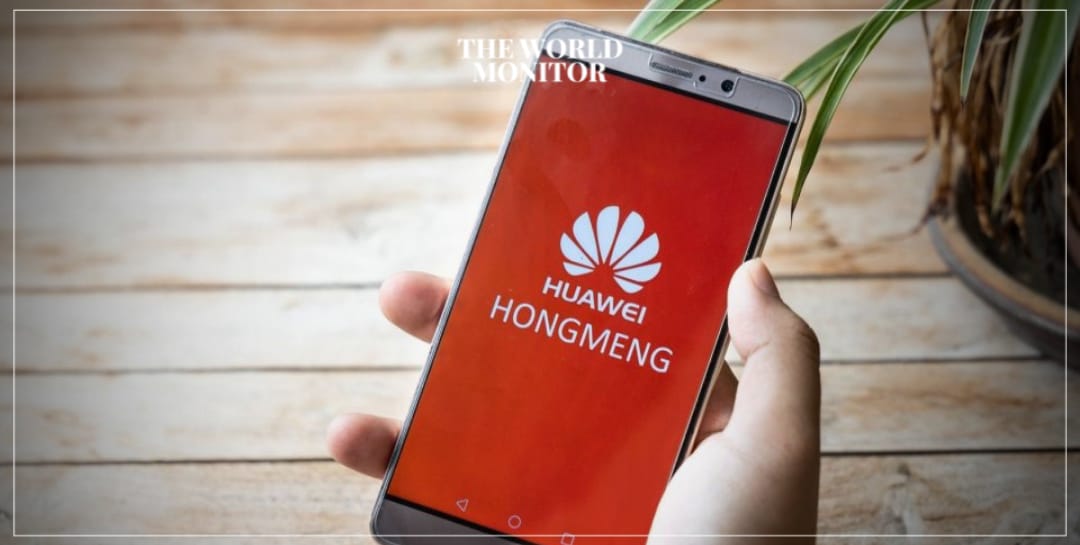Huawei Technologies has reported a slight increase in its revenue for the first three quarters of the current year, despite facing challenges due to U.S. sanctions affecting its sales and ability to acquire advanced technology.
The company, headquartered in Shenzhen, announced on Friday that its revenue reached 456.6 billion yuan ($86.3 billion) during the first nine months of the year, marking a 2.4% rise from the same period in the previous year.
Huawei, recognized as the largest producer of network equipment for telephone and internet service providers, disclosed a net profit margin of 16%, though no comparative figures from the past were provided.
Ken Hu, the rotating chairman at Huawei, stated that these financial results align with the company’s projections. He expressed gratitude towards customers and partners for their continued trust and support.
“Looking ahead, we plan to bolster our investment in research and development, aiming to leverage our extensive business portfolio and elevate the competitiveness of our products and services,” Hu remarked.
Huawei, a private company not listed on any stock exchanges, has faced significant challenges since it was placed on a U.S. blacklist during the presidency of Donald Trump. The blacklist prevented the Chinese firm from conducting business with U.S. companies,
accusing it of potential espionage activities on behalf of China. This move crucially restricted Huawei’s access to U.S. processor chips and other essential technologies.
Huawei has consistently denied allegations of posing a security threat and maintains that it does not conduct espionage activities for the Chinese government.
Once a leading player in the global smartphone market, Huawei saw a decline in its ranking after losing access to Google services for its devices.






